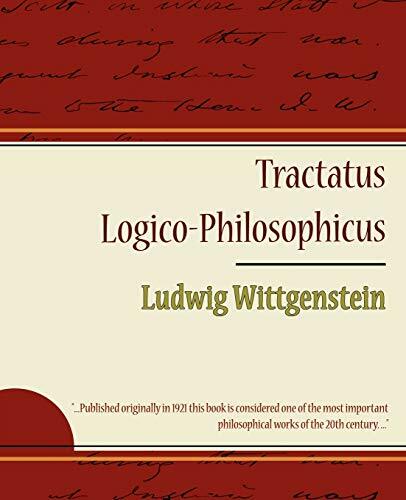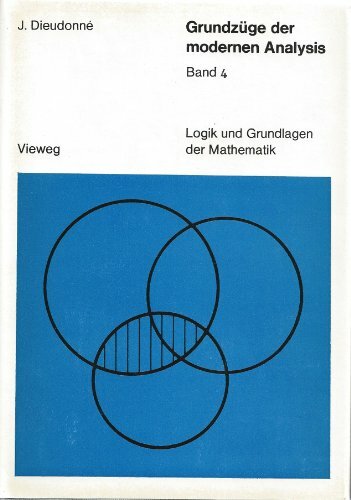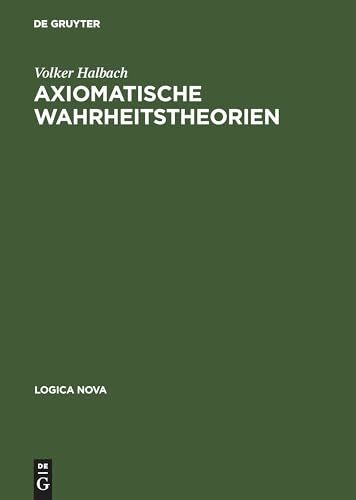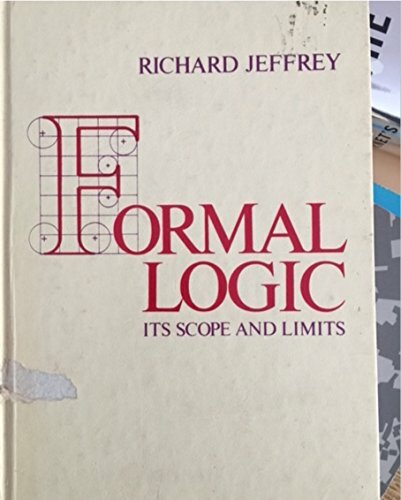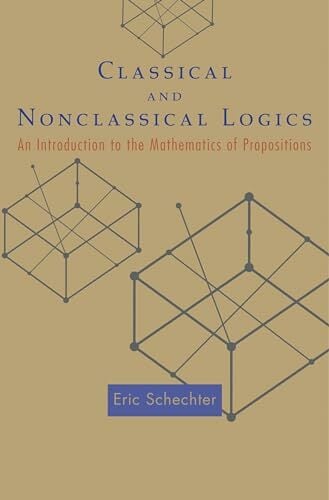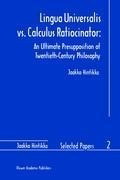
Lingua Universalis vs. Calculus Ratiocinator:
Kurzinformation
inkl. MwSt. Versandinformationen
Artikel zZt. nicht lieferbar
Artikel zZt. nicht lieferbar

Beschreibung
R. G. Collingwood saw one of the main tasks of philosophers and of historians of human thought in uncovering what he called the ultimate presuppositions of different thinkers, of different philosophical movements and of entire eras of intellectual history. He also noted that such ultimate presuppositions usually remain tacit at first, and are discovered only by subsequent reflection. Collingwood would have been delighted by the contrast that constitutes the overall theme of the essays collected in this volume. Not only has this dichotomy ofviews been one ofthe mostcrucial watersheds in the entire twentieth-century philosophical thought. Not only has it remained largely implicit in the writings of the philosophers for whom it mattered most. It is a truly Collingwoodian presupposition also in that it is not apremise assumed by different thinkers in their argumentation. It is the presupposition of a question, an assumption to the effect that a certain general question can be raised and answered. Its role is not belied by the fact that several philosophers who answered it one way or the other seem to be largely unaware that the other answer also makes sense - if it does. This Collingwoodian question can be formulated in a first rough approximation by asking whether language - our actual working language, Tarski's "colloquiallanguage" - is universal in the sense of being inescapable. This formulation needs all sorts of explanations, however. von Hintikka, Jaakko
Produktdetails

So garantieren wir Dir zu jeder Zeit Premiumqualität.
Über den Autor
Jaakko Hintikka is the author or co-author of thirty volumes and of some 300 scholarly articles in mathematical and philosophical logic, epistemology, language theory, philosophy of science, history of ideas and history of philosophy, including Aristotle, Descartes, Leibniz, Kant, Peirce, The Bloomsbury Group, Husserl and Wittgenstein. He has also been active in international scholarly organizations, most recently as the First Vice-President of FISP, Vice-President of IIP and Co-Chair of the American Organizing Committee of the Twentieth World Congress of Philosophy. He has been Editor-in-Chief of the International Journal Synthese and the Managing Editor of Synthese Library since 1965.

- paperback
- 366 Seiten
- Erschienen 1966
- MIT Press
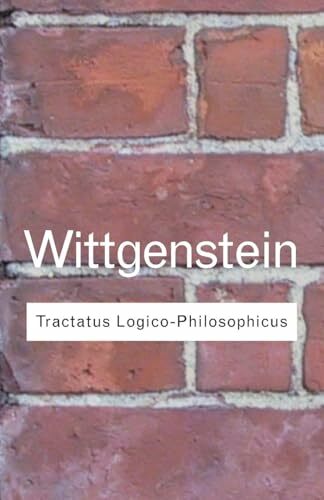
- Kartoniert
- 142 Seiten
- Erschienen 2001
- Routledge

- paperback -
- Erschienen 2003
- De Gruyter Oldenbourg

- Kartoniert
- 166 Seiten
- Erschienen 1999
- Meiner, F

- Gebunden
- 679 Seiten
- Erschienen 2019
- Meiner, F

- paperback
- 44 Seiten
- Erschienen 2015
- Forgotten Books

- hardcover
- 640 Seiten
- Erschienen 1993
- Brooks/Cole

- Kartoniert
- 216 Seiten
- Erschienen 2013
- Birkhäuser

- Leinen
- 1480 Seiten
- Erschienen 2010
- Meiner, F

- Gebunden
- 538 Seiten
- Erschienen 2018
- Springer

- hardcover
- 1142 Seiten
- Erschienen 2009
- Houghton Mifflin

- hardcover
- 797 Seiten
- Erschienen 1981
- Academic Press Inc
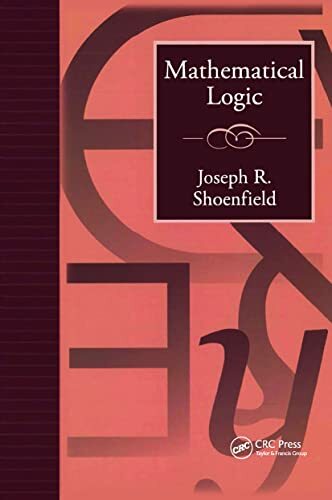
- Kartoniert
- 344 Seiten
- Erschienen 2001
- Routledge









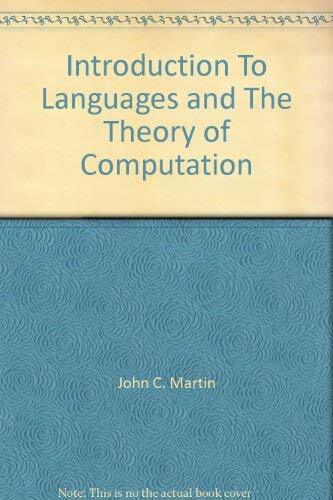

![Linguistic Relativity: Evidence Across Languages and Cognitive Domains (Applications of Cognitive Linguistics [ACL], 25) Linguistic Relativity: Evidence Across Languages and Cognitive Domains (Applications of Cognitive Linguistics [ACL], 25)](https://d3k2uuz9r025mk.cloudfront.net/media/image/5e/6a/06/1762247427_654087261737.jpg)


